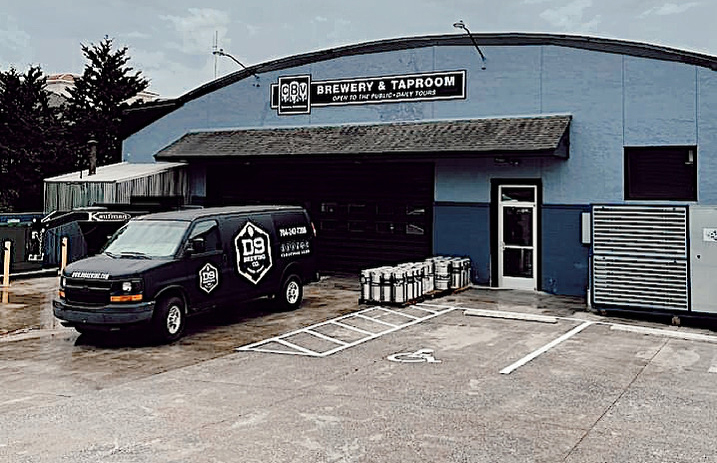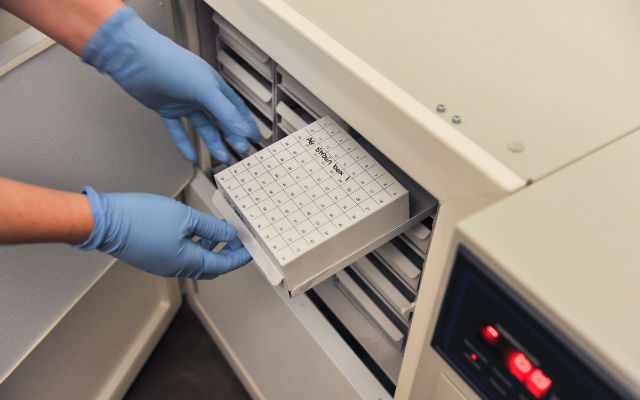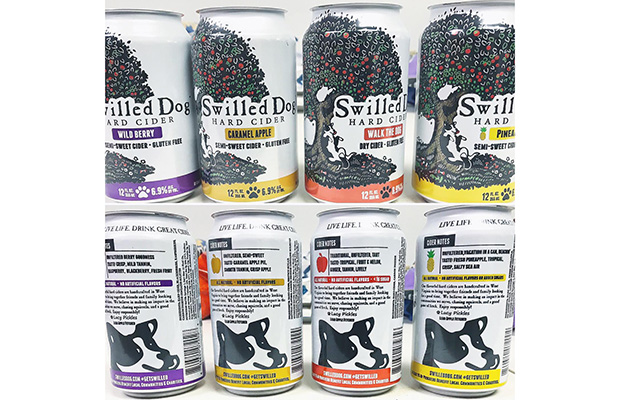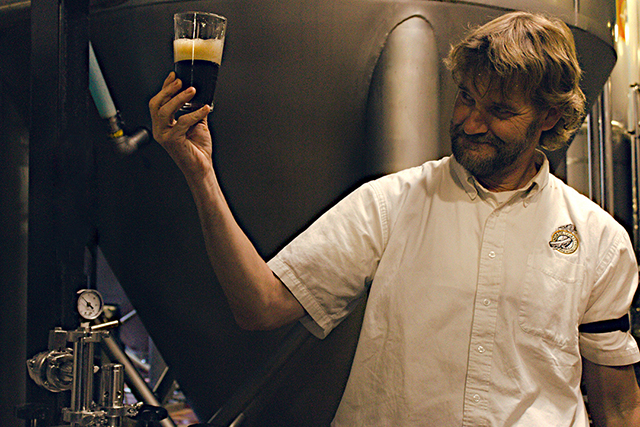
The growth of a brewery is, well, time-consuming. Costly as well, but the time needed to put into expanding can be wearisome.
Community Brewing Ventures announced its formation to be a solution for the time crunch, which was founded by D9 Brewing founder Andrew Durstewitz.
Director of Strategic Partnerships for CBV Aaron MJ Gore, said the idea is driven primarily by specialization for smaller facilities.
“Small business owners of any stripe often wear too many hats. They have to be manufacturers, hospitality directors, product innovators, distribution specialists, marketers, and salespeople all at once,” Gore said. “If they want to grow beyond their own four walls, oftentimes the roles that become more important for them to spend time in are the ones that don’t directly create value for the customer, nor are they the ones that the owners typically wanted to focus on in the first place.”
Gore said the impetus behind Community Brewing Ventures was realizing that a better path forward is needed for small and mid-sized breweries.
“Consolidation is happening at an increasing pace, whether through acquisitions, mergers, or breweries having to, unfortunately, close their doors for good,” Gore said. “That was the problem. The solution that CBV provides helps these breweries participate in this maturing market, but in a way that lets them stay independent, innovative, and connected to their communities.”
Unfortunately, the deck can be stacked against small brewers right out of the gate.
“They can’t match the economies of scale that the larger breweries have, and they don’t have any bargaining power with the wholesalers and retailers by themselves,” Gore explained. “This means that even accessing the market can be an enormous challenge.
“Then, assuming they can grow to meet their demand, they’re likely to run out of production capacity before they run out of people wanting their beer. That means either diluting their equity, or more institutional debt, or both, just to fund a bigger system. It becomes this constant cycle of growth, followed by the need for more capital, followed by growth, followed by the need for more capital, that eventually just turns your finances completely upside down.”
What CBV hopes to be able to provide is access to its own set of resources, so that instead of constantly chasing the next big expense, breweries can focus on things that create value for customers.
“We keep manufacturing capacity from being a constraint and can work with our wholesale partners on a much more equal standing than any single brewery could on their own,” Gore said.
CBV launched by partnering with five breweries and a kombucha/non-alcoholic brand that dot from the Southeast into the Midwest and Texas. The hardest part of starting was explaining to potential partners was what the company would not be.
“We aren’t just making your beer for you and sticking you with the bill. We aren’t here to tell you how you should be running your own business,” he said. “We aren’t a distributor. We aren’t trying to buy you and turn you into just another piece of our corporate structure. Rather, we want to take the things that you are already doing well, and give them a bigger platform. We want you to stay independent and local while we help you reach a wider audience. We want to help in the areas that you’re weakest, and let you focus on the parts you love the most.“
In a true “community” aspect CBV can partner with the breweries they bring on to help supply raw materials at a bulk rate that helps boost buying power for shared resources such as cans or base malt.
“The ability to negotiate as a collective rather than a single brewery certainly brings some significant advantages,” Gore said.
However, he added that one of the best things about the portfolio of brands is that each brewery has a unique offering of beers. Each has its own needs when it comes to malt, hops, yeast, and adjuncts, so most of the benefits come as an individual beer or brewery starts to grow for CBV rather than across the entire portfolio.
Finding breweries to work with has been Gore’s job. If he had to distill down the “perfect” partner for CBV, it would look something like this.
“They would need to be passionate, innovative, have exciting and consistent branding, make beer that people love to drink, and want to be as successful as they can be without compromising who they are,” he said.






Be the first to comment